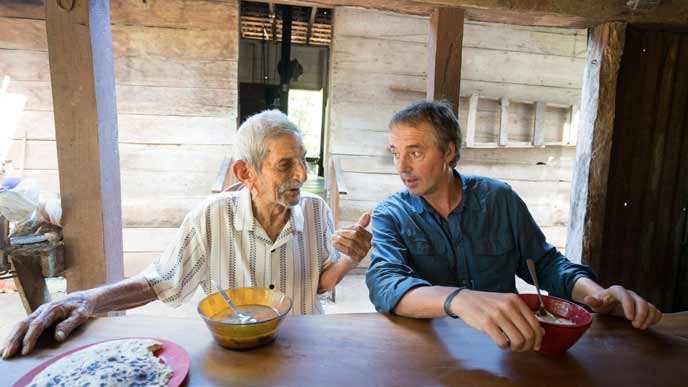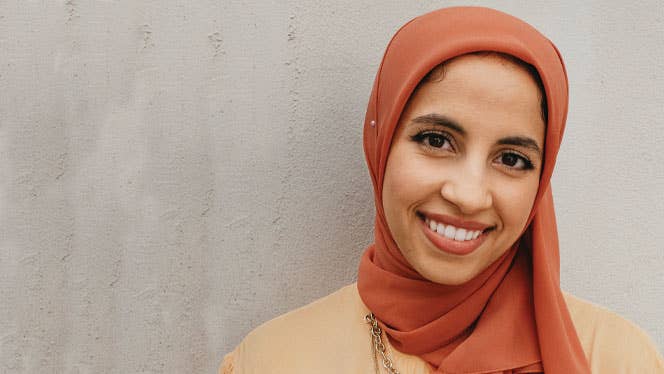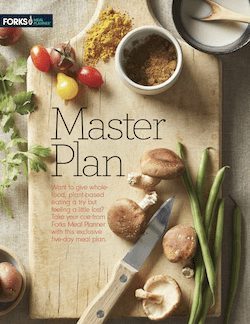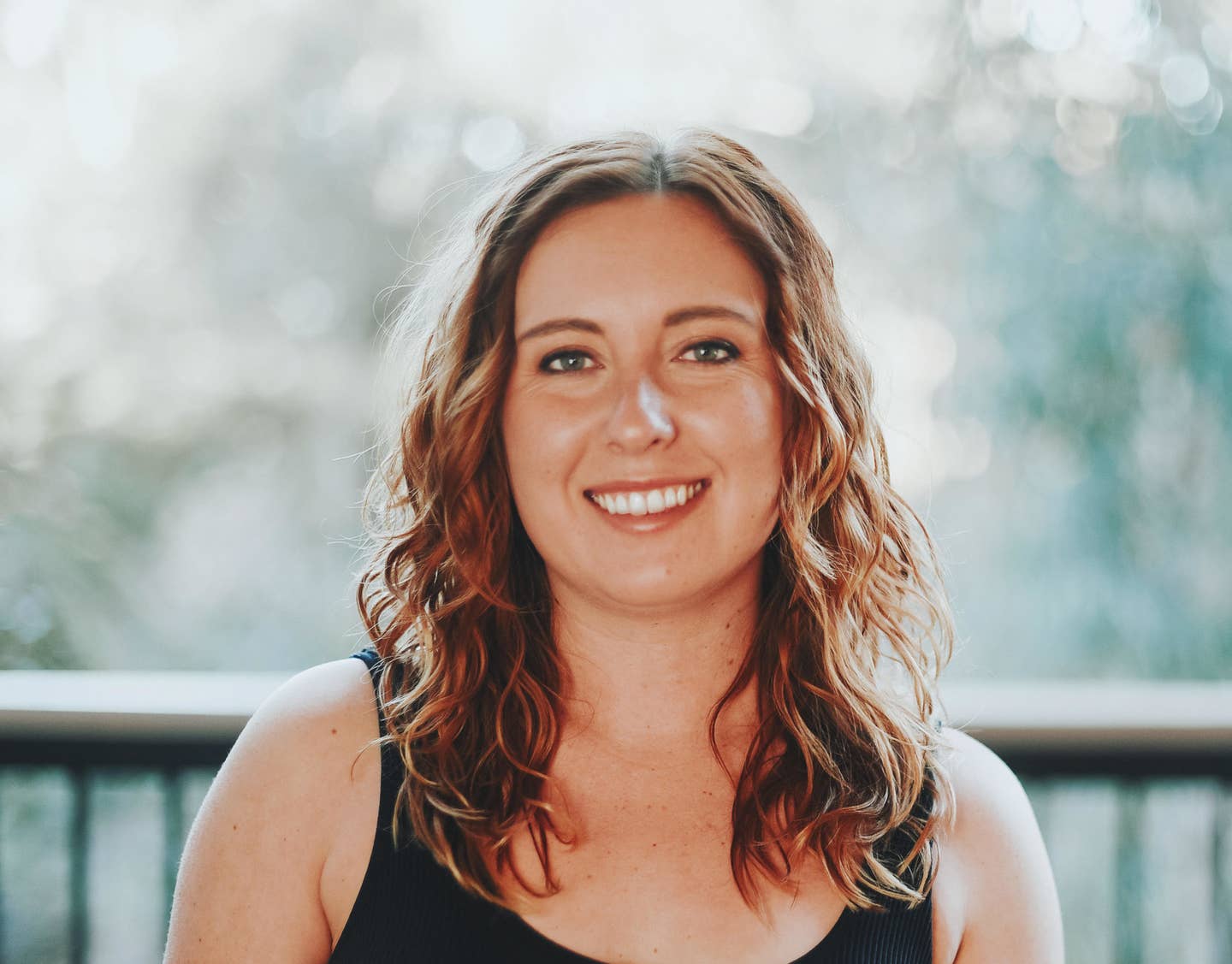
New Netflix Docuseries ‘Secrets of the Blue Zones’ Reveals How to Live to 100
By Megan Edwards,
Last Updated:In the United States, the average life expectancy recently dropped to 76 years—the lowest it’s been in the past two decades. Extensive research has been conducted on America’s high mortality rates, and experts point to an inadequate health care system, poor city planning, and easy access to firearms among myriad other factors that contribute to this dismal statistic. But instead of looking at what’s killing us, what if we studied what makes us live?
Cue Dan Buettner, one of the world’s leading experts on how we can create longer, healthier lives. Nearly 20 years ago Buettner set out with a team from National Geographic to document specific populations around the world that have a higher concentration of centenarians (people who live to 100) than anywhere else. These pockets of good health are called Blue Zones, and Buettner has dedicated his life to understanding—and sharing—the common denominators among these diverse populations that all experience unusually long lives.
With the state of American life expectancy, it seems as if there’s no better time for Netflix to debut its new docuseries that takes an in-depth exploration of the Blue Zones. The four-part series, Secrets of the Blue Zones, which premieres on August 30, follows Buettner from California to Japan as he talks with the people who have uncovered the secret formula for living to 100. In addition to the series, Buettner is releasing a new book, The Blue Zones Secrets for Living Longer, which distills the wisdom of the Blue Zones and serves as a how-to manual to help you create your own mini Blue Zone no matter your ZIP code.
“The book brings up-to-date insights on all the five Blue Zones…and identifies a Blue Zone 2.0, Singapore, which is an intentionally engineered Blue Zone instead of one that just occurs naturally,” Buettner told FOK. “Sixty years ago Singapore was an unhealthy island. It’s now become one of the healthiest, longest-lived places on Earth. They've done it because of good policies. It's a proof of concept that if you create the right environment, people live measurably longer with a fraction of the rate of the diseases that cost us trillions of dollars a year in America.”
The Blue Zone Formula
Upon first learning about Blue Zone populations, it can be easy to write off these niche pockets of good health as the result of a small group of people who’ve won the genetic lottery. Buettner says this is not the case.
“I would argue that 20% of it is genes, 10% of it is personal choices, 10% of it is the health care system, and the remaining 60% is your environment,” says Buettner. “There are areas in Kentucky where life expectancy is 20 years less than Boulder, Colorado. In both cases you have a diverse set of genes and a spectrum of people who take responsibility for their health. The only thing that's different is that it’s much easier to walk or bike across town in Boulder than it is to drive your car. It’s a food environment where you can get delicious plant-based meals much easier than you can in Kentucky. It's easier to socialize, it's easier to get out in nature, and the air is cleaner. These are all environmental factors which we vastly underestimate in the formula for longevity.”
So, what do these centenarian-saturated populations do so differently from the rest of us? Surprisingly, it isn’t anything revolutionary; rather, it’s an accumulation of small daily habits, a supportive living environment, and social policies and attitudes that reinforce every person’s value, dignity, and health. While there are much more detailed insights revealed in the docuseries and the new book, here are four key factors that all Blue Zones share:
WFPB Diet
“Overwhelmingly, they eat a plant-based diet that’s somewhere between 90 to 100% whole-food, plant-based—more or less a Forks Over Knives diet,” says Buettner. Apart from what they eat, Blue Zone inhabitants also have strategies for not overeating throughout the day, and they tend to keep electronics away from the dining table to keep their full attention on sharing meals with loved ones.
Natural Movement
It turns out that our current understanding of exercise—performing concentrated bursts of activity that meet our fitness goals each day—may be completely misguided. “[People in the Blue Zones] don't exercise, but they live in environments where they're nudged to move naturally every 20 minutes,” Buettner says. Between their work, household chores, social activities, and walkable towns, movement is a built-in part of their day, instead of an extracurricular activity.
Social Connections
Social isolation has been found to be as deadly as smoking 15 cigarettes per day, and the longevity of Blue Zone inhabitants provides further evidence that strong social ties keep you alive for longer. “They put their families first and keep aging parents nearby,” explains Buettner. “They tend to belong to a faith-based community, and they surround themselves with people who reinforce [healthy] behaviors.”
Sense of Purpose
Buettner emphasizes that these long-lived populations “know their purpose and live by it.” As one of the more abstract characteristics of Blue Zones communities, he defines living with purpose as “being clear on your values, knowing what you’re good at, and finding an outlet that provides some good for the rest of the world or helps other people.”
Changes Big and Small
While the lessons gleaned from Blue Zones can be applied on an individual level, their transformative potential lies in the fact that these core tenets can be replicated and customized to reshape the health of entire cities. After discovering these unique age-defying pockets, Buettner founded the Blue Zones organization, which works with cities across the U.S. to enact policies that extend the lifespans of their inhabitants. Over the past two decades, the organization has successfully worked with 72 cities, including Fort Worth, Texas, where obesity rates were lowered, smoking rates dropped by 31%, and more than 58% of residents are now categorized as “thriving.”
Buettner has personally shifted elements of his life to embody the wisdom of the Blue Zones, such as moving to Miami Beach, Florida, so he can swim daily, enjoy a walkable neighborhood, and surround himself with health-focused friends. The goal of his new book and the Netflix series is to inspire you to design a life that gives you more time to do the things you love, with the people you care about most, for as long as possible.
“I hope people who read the book take away 10 extra years of good life,” says Buettner. “The average American leaves more than a decade of life on the table by living the way we're living. [Blue Zone living] is not a biohack, it's not an anti-aging gimmick, it’s not any of the other maelstroms designed to make money off of you. These are real people who've lived an identifiable way for hundreds of years, and they have a very average set of genes, so there's no reason we can't achieve their outcomes if we pay closer attention to our own lives.”
The Secrets of the Blue Zones docuseries is now streaming on Netflix. The companion book, The Blue Zones Secrets for Living Longer, is available online and in bookstores August 29.

Free Download
Free 5-day meal plan!
Get a taste for healthy, fuss-free meal planning with this free five-day meal plan from Forks Meal Planner!
By providing your email address, you consent to receive newsletter emails from Forks Over Knives. We value your privacy and will keep your email address safe. You may unsubscribe from our emails at any time.

About the Author

About the Author
Megan Edwards
Join our mailing list
Get free recipes and the latest info on living a happy, healthy plant-based lifestyle.
By providing your email address, you consent to receive newsletter emails from Forks Over Knives. We value your privacy and will keep your email address safe. You may unsubscribe from our emails at any time.